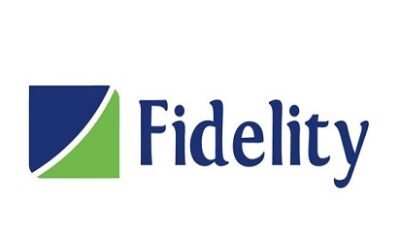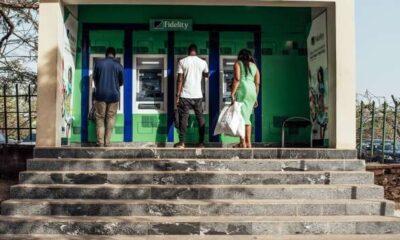Fidelity Bank, a leading financial institution in Nigeria, has collaborated with ImpactHER to support 1,052 female entrepreneurs across the 36 states of Nigeria in addressing the challenges they face in their small and medium-sized businesses. Through diverse training on digital skills and direct business support, beneficiaries from two cohorts have been able to improve visibility for their businesses and consequently, increase sales.
The training, which commenced in January 2022, has had two cohorts that lasted for four weeks each, covering a myriad of topics such as Digital marketing, building your brand and selling online, etc. The participants were also assisted in putting their businesses on Google Maps, thus allowing customers and the global market to easily find and transact business with them.
Commenting on the partnership, Osita Ede, Divisional Head, Product Development at Fidelity Bank Plc said, “It has become imperative that female entrepreneurs in Africa are empowered to overcome the lack of digital literacy which impedes them from fully reaping the benefits of the digital transformation underway across Africa, and the world. We believe providing them this access will help them to thrive in their different businesses.”
According to Efe Ukala, Founder of ImpactHER, “Statistically, women and girls are 25 per cent less likely to leverage digital technology for basic purposes, 4 times less likely to know how to programme computers and 13 times less likely to file for technology patents. This therefore highlights the importance of equipping African women with digital skills that could be leveraged to scale their businesses. Let’s not forget that data shows that Africa can add 180 billion Dollars to its GDP by 2025 if we close the e-commerce digital gap.”
This intervention is critical as the Global Entrepreneurship Monitor for 2019/2020 highlighted that millions of women worldwide have started businesses over the last five years alone: the highest percentage of these women live in Africa, with approximately 26% of female adults engaged in entrepreneurial activity yet the World Bank confirms through data collected in ten African countries that on average, male-owned companies have six times more capital than female owned enterprises, resulting in monthly profits of female-owned enterprises that are, on average, 38% lower than male-owned businesses.
Fidelity Bank is a full-fledged commercial bank operating in Nigeria with over 6.5 million customers serviced across its 250 business offices and digital banking channels. The bank was recently recognized as the Best SME Bank Nigeria 2022 by the Global Banking & Finance Awards. The bank has also won awards for the “Fastest Growing Bank” and “MSME & Entrepreneurship Financing Bank of the Year” at the 2021 BusinessDay Banks and Other Financial Institutions (BAFI) Awards.
The bank boasts of a robust bouquet of products designed to help female-led small businesses run successfully including digital loans and HerFidelity -a proposition comprising exciting features such as capacity development initiatives, access to finance, recognition and networking events, health and wellness programmes, etc, all designed to speak to the yearnings of women.
Clementina Uzogor, the Programs Director at ImpactHER, highlighted the importance of helping women with skills like this to take their businesses to the next level. “At ImpactHER, it is our mission to ensure that we equip these women with tools for their businesses to thrive”, she explained.
She also appreciated Fidelity Bank for working with them to ensure the programme was successful and impactful. “It is important to let you know that this is not the end of this training. We will be deepening our partnership with Fidelity to train and support 5,000 more women-led small and medium sized businesses in the country before the year runs out”, she divulged.
An excited participant from the second cohort, Ms Akinyemi Oluronke, a fashion designer from Lagos underscored the benefits of joining the training for her business, “I’ve been able to build an online presence, people now know my business exists and I get a lot of calls from people who found my business online. I am very grateful for this platform and the overall increase in sales I now enjoy.”
According to Carine Nneka Achokwu, another participant from the January 2022 cohort and CEO of Carine Bakery, a company that produces pastries and cakes in Lagos, Nigeria, “I have been able to increase sales by 40% after using the tools that was provided to me such as “Google My Business” and people have been calling to order from me and I’ve also been able to reach more customers. I am thankful that I can get people to patronize my business just by tapping my phone based on the knowledge I acquired at this training.”
ImpactHER is an impact-driven nonprofit organization that empowers African female entrepreneurs by bridging the gender business financing gap so as to assist them in realizing their full economic potential. ImpactHER has since its inception trained, directly supported with investor-readiness and business scalability skills & tools to over 44, 275 women across 53 countries in Africa.
This partnership also provides follow-up training and support for the participants and is one of the ways ImpactHER and Fidelity Bank help these women scale up their offerings.










